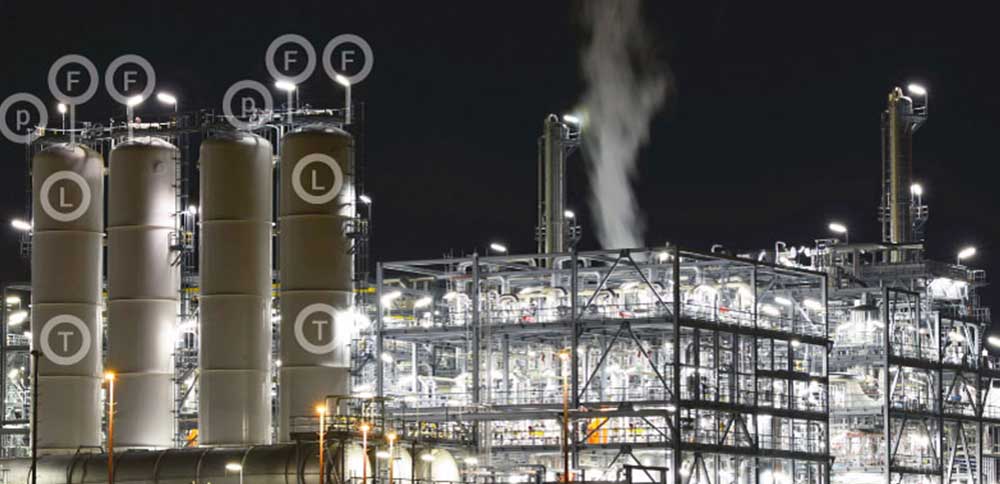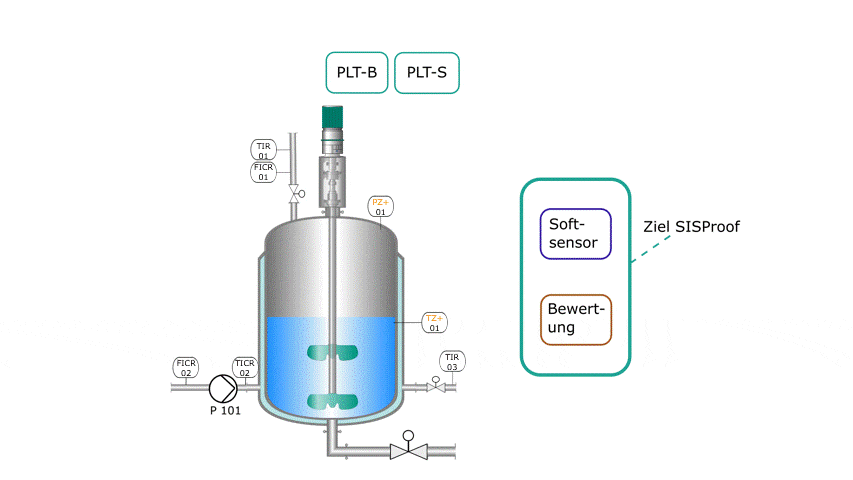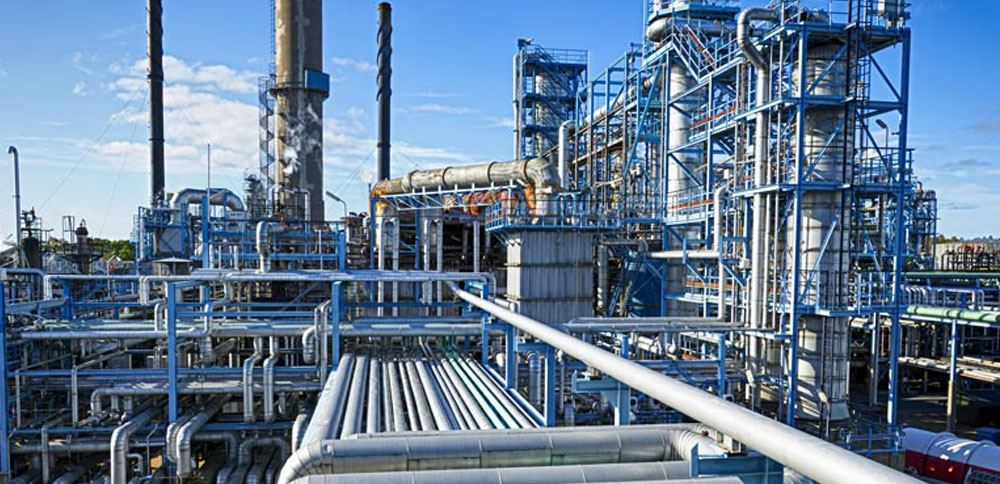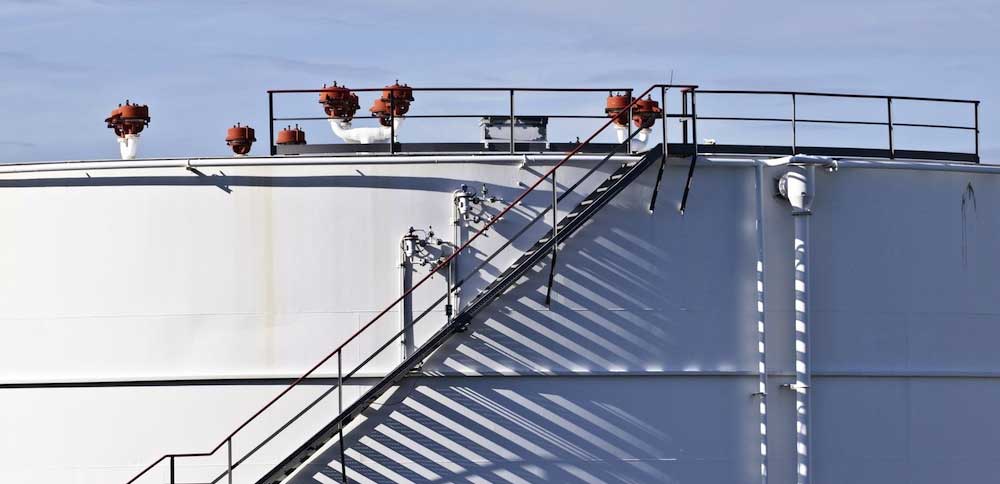Development of soft sensors for SIS monitoring and evaluation of limiting factors.
dashboard Objectives
The goal of this project is to increase the integrity and reliability of safety systems by using soft sensors in the process industry. This is achieved by detecting systematic and random faults by performing real-time checks on the SISs. Here, the soft sensors combine process knowledge, process data and machine learning methods in the form of a hybrid model. The complete life cycle (training, deployment, operation and retraining) of the model will be illuminated in order to guarantee a safe use of the soft sensors in the process industry.
The combination of process knowledge and AI will enable real-time monitoring in the future. Testing of sensor technology will take place precisely when it matters: During ongoing operation.
Figure: SISProof in the plant schematic.
dashboard MILESTONES
Summary of the state of knowledge
Soft sensor development
Determination of soft sensor accuracy
Development of methods to ensure safe operation
Determination of the test depth
dashboard Overview
Increasing the reliability and integrity of SISs
Detection of systematic and random errors
More comprehensive use of process data
Safe use of machine learning applications in the process industry
dashboard Motivation
Safety-related sensors are of immense importance for ongoing production in process plants. They are often the last line of defense when it comes to ensuring the protection of people, the environment and the plant. The sensors are therefore checked at regular intervals by trained personnel to ensure that they are functioning properly.
These periodic checks usually have to be carried out during a shutdown. This means interruptions in production. Between the checks, it is by no means ensured that a safety-relevant sensor is not affected by new faults and thus that the safety function does not intervene in the event of a fault. Between the checks, the operator is virtually flying blind with regard to the correct function of the safety function.
Operational and safety-relevant sensors are installed in large numbers today. The trend is increasing. In the process, the sensors produce enormous amounts of data. However, the potential of the generated data has so far only been partially exploited – in some plants, hardly to any appreciable extent. For companies in the chemical and petrochemical industry, it is therefore of particular interest to intelligently evaluate the generated data in order to increase the efficiency and availability of their production plants.
ashboard PUBLICATIONS
Publications coming soon.
PROJECT LEAD:
FOCUS AREAS:
More projects
sRMC – Safety related Remote Process Monitoring & Control
Applying AI in acoustic-based sensor systems for gas leakage detection
ZEBrA – Zero-Emission Breathing Application for Storage Tanks
Development of an emission-free storage tank with construction and testing of a prototype.
MetA HAZOP – Methodology for Automated HAZOP Studies
Development of an AI-supported methodology for (partially) automated HAZOP studies.
Cover photo source "Tube Geometry", RiIM project: Harald Hoyer from Schwerin, Germany, CC BY-SA 2.0, via Wikimedia Commons
Cover photo source "Winstainforth", SafeDDT project, CC BY-SA 3.0, via Wikimedia Commons




